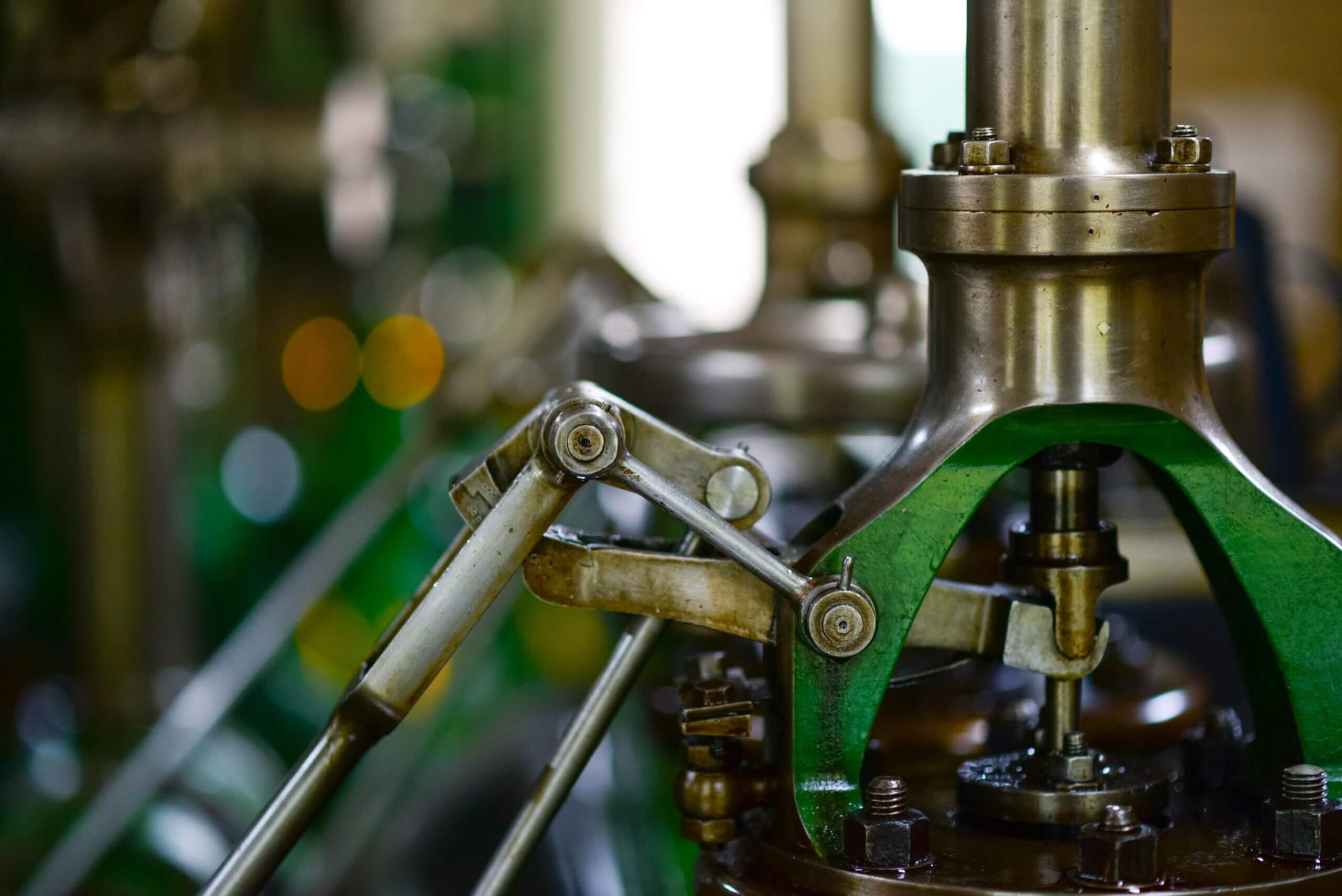“Deglobalization” has entered the narrative zeitgeist. But what’s happening on the ground? This weekly series seeks to answer that question with a round-up of deglobalization developments from the week that’s done.
1. Redwood Materials has received a 2 billion USD loan from the Department of Energy to begin production of lithium-ion battery anodes and cathodes at new plants in Nevada and Kansas. These are critical components for electric vehicle batteries – and, despite huge recent investments in US battery production, still made almost entirely in China. Redwood says that these plants will create 3,400 construction jobs and require 1,600 full-time employees.
2. British solar energy company NextEnergyCapital is in exclusive talks with Italy’s Enel to acquire a minority stake in its 3Sun, a photovoltaic panel production site in Sicily. In a post on LinkedIn, NextEnergy Capital Chief Investment Officer Aldo Beolchini said, “NextEnergy Capital is proud to support Enel Green Power in the reshoring of [the] photovoltaic supply chain.” The Sicily-based project is part of an EU effort to end dependence on Russian gas and reduce the reliance on Chinese solar materials.
3. US Customs and Border Protection has begun to detain imports of aluminum products suspected of being made through forced labor, particularly from China’s Xinjiang region, according to Maersk. This action will most likely target aluminum used in automotive parts. Aluminum, and items made from it, now joins cotton, tomatoes, and polysilicon in coming under scrutiny over links to Xinjiang.
4. The EU is considering following in the footsteps of the US and implementing screening of outbound investment. According to the European Commission’s 2023 Work Programme, the Commission will “examine whether additional tools are necessary in respect of outbound strategic investment controls” and is “prepared to revise the EU’s FDI screening regulation.”
5. As tensions escalate in the fall-out of China’s spy balloon, the US and its allies are poised to further tighten controls on technology export to China: The Biden administration is looking to add about six Chinese government-backed companies with links to the balloon program to the Commerce Department’s entity list.
6. Texas governor Greg Abbott is backing legislation to stop Chinese citizens and companies from buying land, homes, or any other real estate in Texas. This is part of a broader move among state legislators to bar, or limit, Chinese purchase of US land. As Florida Governor Ron DeSantis said last month “we don’t want to have holdings by hostile nations.”
7. Relatedly, Mayor Brandon Bochenski of Grand Forks, North Dakota has reversed course on a Chinese company’s plan to build a 700 million USD corn mill, citing national security risk because of the mill’s proximity to a nearby Air Force base. “When it comes to national security, I don’t think the economics matter,” said Bochensiki.
(Photo by Skietterphoto/Pexels)




